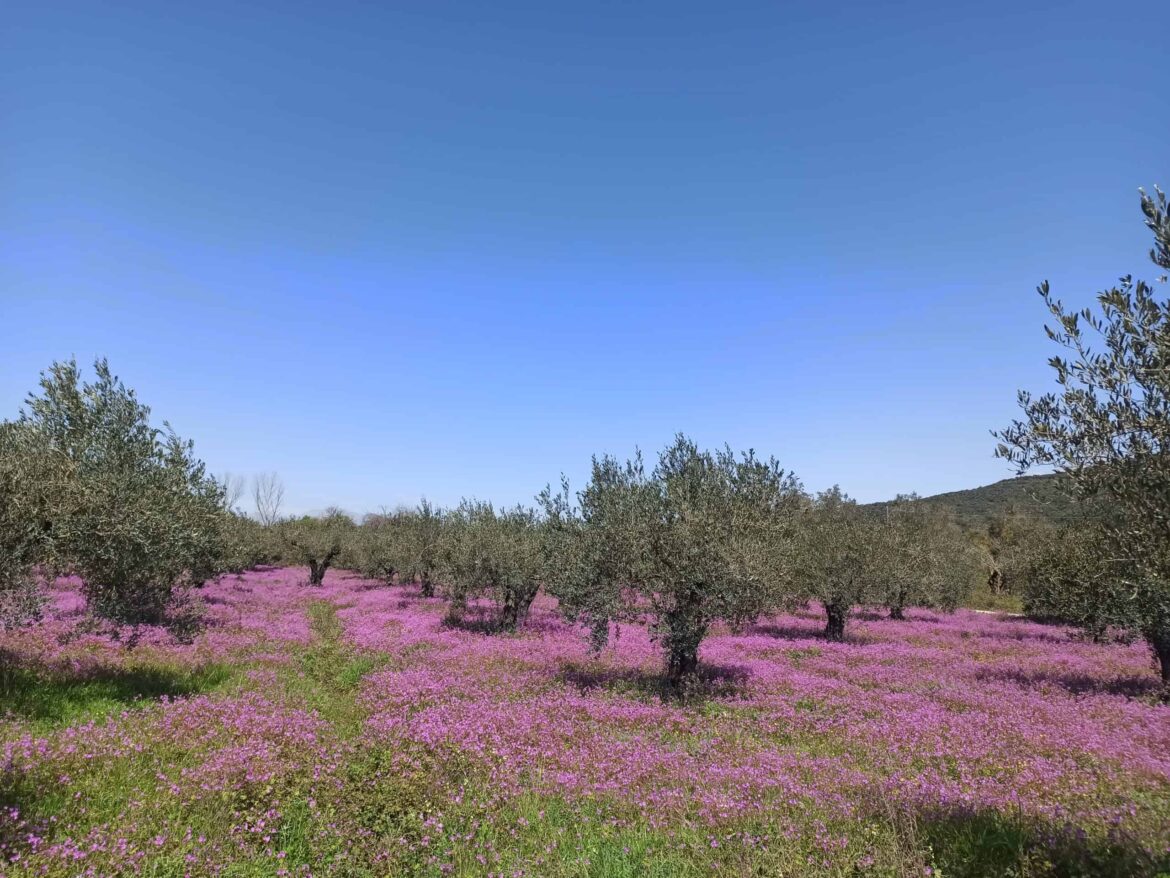After a long period of negotiations, on August 7, 2025, the U.S. government finally implemented the so-called “retaliatory” tariffs – as it claims – on a wide range of products, including olive oil, at a rate of 15% for the EU. This development is extremely unfavorable from an economic standpoint, because: a) The U.S., with imports of around 400,000 tons, is the largest non-European importer and consumer – the “engine” of global olive oil trade.
b) After three years of crisis and market instability due to product shortages and rising prices, there were well-founded hopes of normalization and consumption growth – a prospect now threatened by a new round of price increases caused by tariffs and the weakening of the dollar. There is also the possibility that a 25% tariff will be imposed on branded, packaged European olive oil.
In response to these developments, the Hellenic Scientific Society of Olive Encyclopaedists (4E) firmly believes that the scientific community possesses a powerful argument – a “weapon” – with which it can and should defend olive oil. This is none other than the documented position that the Mediterranean Diet, of which olive oil – especially extra virgin olive oil – is a fundamental component, is not only the healthiest dietary model, but also has equally beneficial effects on the U.S. economy. In other words, the tariff (which will likely reduce olive oil consumption in the U.S.) will harm not only the health of the American people but also the budgets of households, insurance companies, states, and the federal government. And all this, in exchange for a questionable and minimal revenue for the federal budget, without even benefiting the small group of Californian olive producers.
At the Olive Oil World Congress (Washington, March 26, 2025), co-organized by NAOOA (North American Olive Oil Association) – an event unfortunately absent of Greek representation – the scientific consulting firm Exponent demonstrated that even a 20% increase in Mediterranean Diet adoption in the U.S. could result in savings of over 20 billion dollars in direct and indirect healthcare costs, related to 10 major disease categories. Almost half of this amount would derive from reduced cardiovascular disease, followed by various forms of cancer and type 2 diabetes. This is a crucial argument, expressed in purely economic terms, which could reopen the discussion on tariffs and be heard by the American side.
Moreover, a policy of subsidies or incentives for olive oil consumption would align perfectly with the principle of national self-sufficiency, “America First”, proclaimed by U.S. President Donald J. Trump, as a healthy society is the foundation of a strong and independent America. Finally, olive oil is inherently aligned with the food policies promoted by U.S. Secretary of Health and Human Services Robert F. Kennedy Jr., as part of the broader vision “Make America Healthy Again.”
Greece, beyond the illustrious heritage of Hippocrates and Asclepius, continues to this day to have distinguished scientists with substantial contributions, who could support a coordinated effort to defend our “national product,” further enriching the arguments for lifting tariffs on olive oil. Discussion would also be of interest regarding table olives.
The members of 4E (70 distinguished scientists, agronomists, chemists, nutritionists, doctors, etc.) have contributed original and internationally recognized scientific work, which:
Explains the mechanisms through which olive oil prevents cardiovascular diseases, obesity, and beyond.
Highlights the superiority of olive oil, especially extra virgin, compared to chemically processed seed oils.
Confirms the role of olive oil in combating chronic diseases, as recognized by the international scientific community.
Establishes olive oil as the cornerstone of the Mediterranean Diet, which has been recognized by the World Health Organization as one of the healthiest dietary models worldwide.
Considering all the above, there should be close collaboration among professional organizations and scientific or academic bodies from all olive-producing countries in order to promote the health and cultural benefits of olive oil.


Dining and Cooking